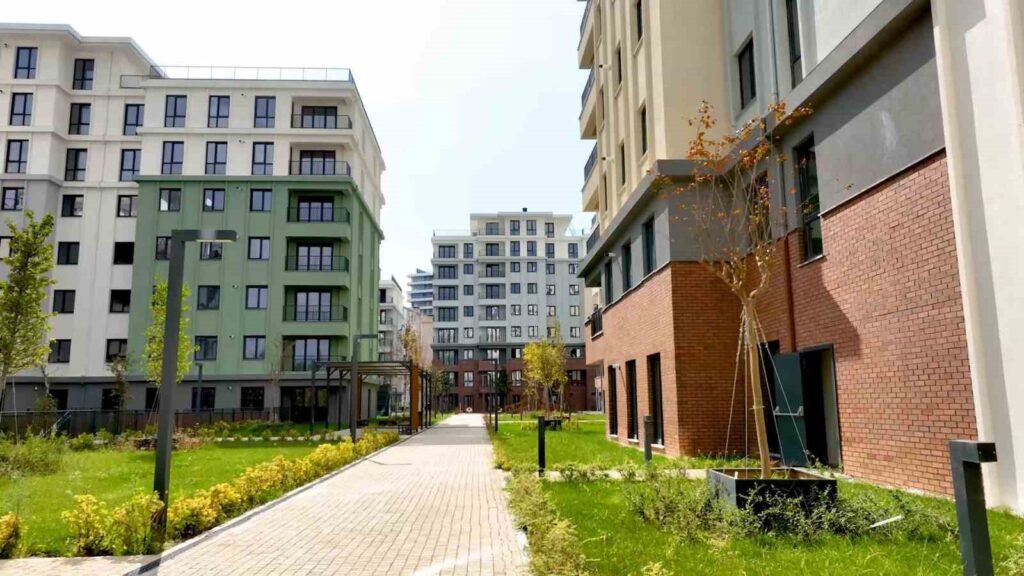Removing the 25 percent limit on rent increases will ease the market
Neşecan Çekici, the President of the Real Estate Investors Association (GYODER), stated that ‘Returning to a normal rate, equivalent to the inflation rate or above, from the 25% rent increase limit will balance the scales and have a positive impact.’

President of the Real Estate Investors Association (GYODER), Neşecan Çekici, stated that returning the 25% rent increase limit to a normal rate, aligned with the inflation rate or above, will create balances and have a positive impact. Neşecan Çekici, President of the Real Estate Investors Association, evaluated the response of the Minister of Treasury and Finance, Mehmet Şimşek, on a television channel where he participated, regarding the question ‘Will the 25% rent limit be lifted?’ by saying ‘If we do not make a regulation to extend this, this regulation will disappear in July.’
She expressed that the 25% rental increase rate remained low, stating that its removal would have a very positive impact. The significant decrease in housing sales in the real estate residential sector led to some people not content with a 25% rent increase keeping their homes empty or not buying new homes. She used the expression ‘Returning to a normal rate of 25%, aligned with the inflation rate or above, will create balances and have a positive impact.’
“Rising interest rates increase interest in deposit investments”
Çekici, pointing out the inverse relationship between the policy rate and the real estate sector, said, ‘As interest rates rise, demand for the sector decreases significantly. Interest in deposits and other investment instruments increases. Housing purchases and behavioral models are put on hold to some extent. On one hand, the increase in interest rates negatively affects project financing or individual loan uses, so it does not bring a very linear rate for our market.’
“Risks lead investors to hit the brakes”
Çekici stated that the real estate sector has been affected by interest rate hikes, saying: ‘Costs are very high. There is an inflationary environment. The exchange rate is stable, but those with expectations also invest in foreign currency. The housing market is more stable and stagnant compared to previous years. It needs to be a bit more lively. Because it is the first market in the world and Europe. Second market after America among OECD countries. There is a very serious demand, a very serious need. There must be a supply that fuels this demand. Unforeseen costs, which are considered quite low in the supply, make up part of this. Risks lead investors to hit the brakes.’







